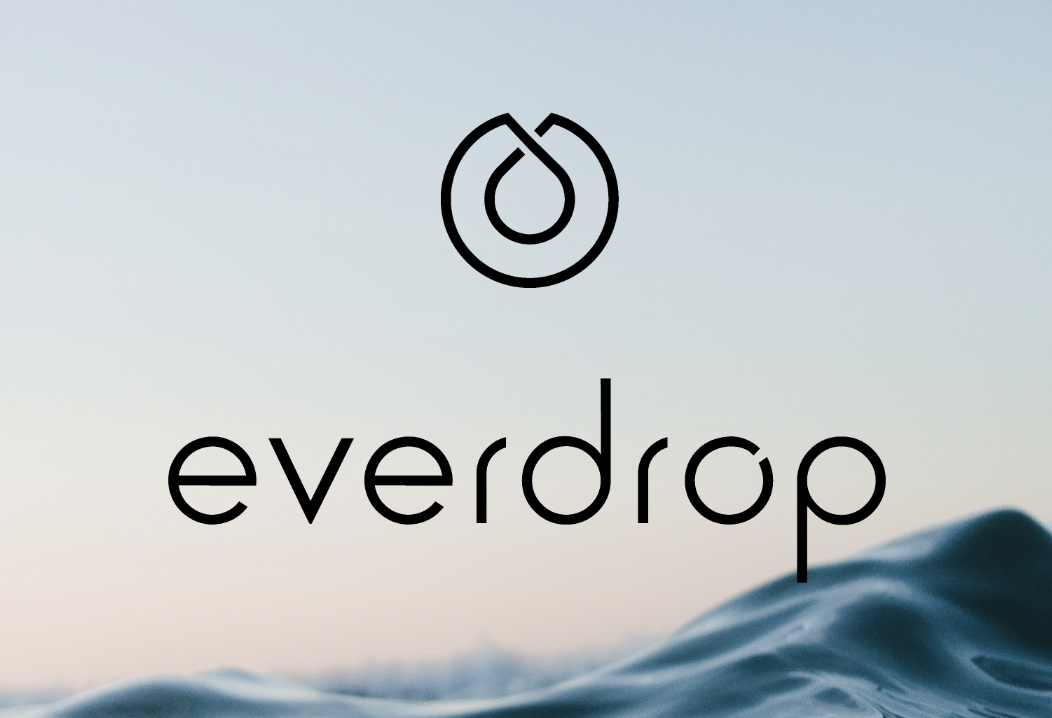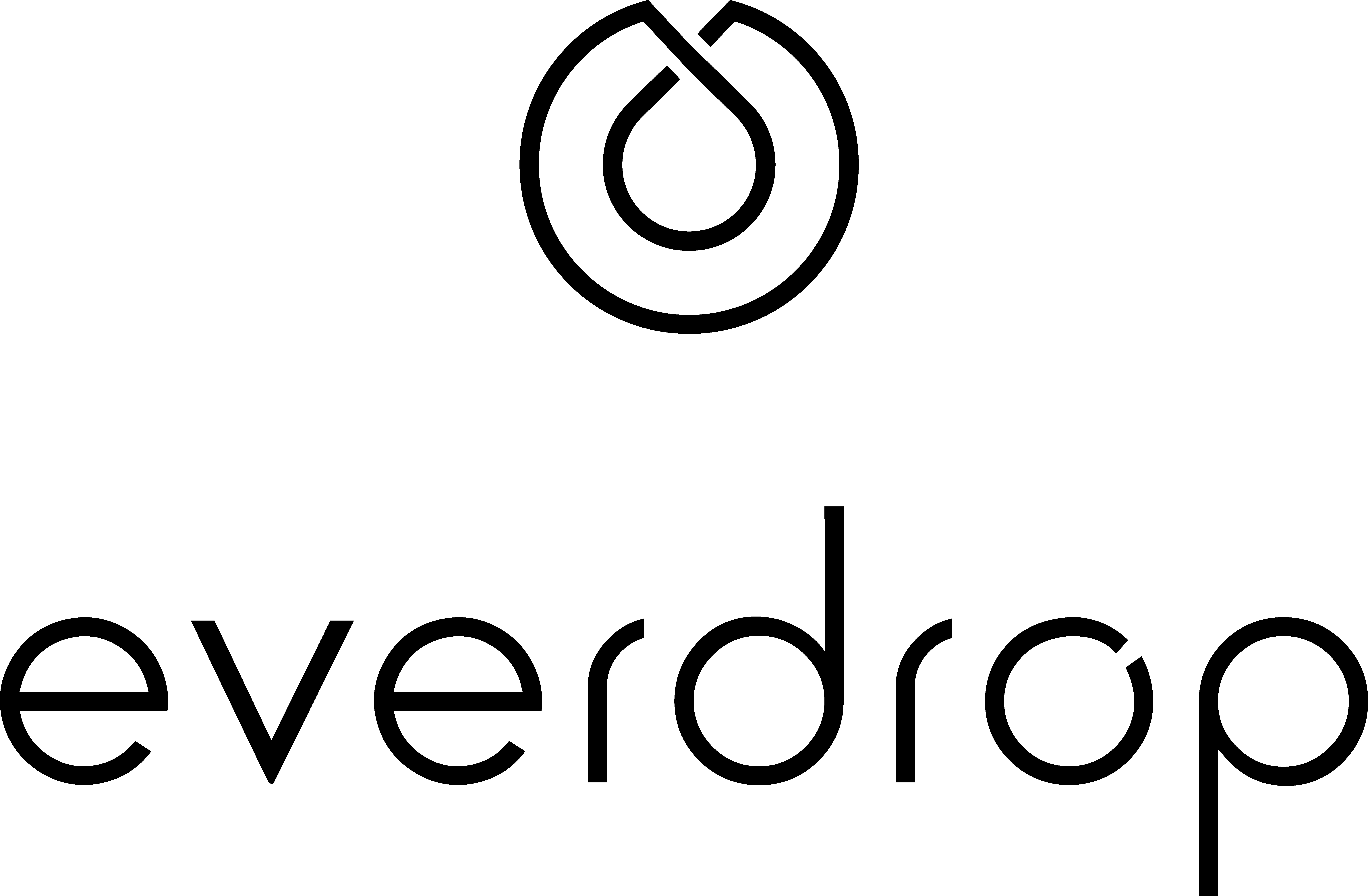

Everdrop GmbH

Bavaria, Germany
May 2023
Cleaning products
Wholesale/Retail
Austria,
France,
Germany,
Italy,
Netherlands The,
Switzerland
everdrop is a Munich-based company producing everyday products that completely avoid disposable plastic and unnecessary chemicals – and reduce CO2 emissions by up to 97 %. everdrop’s mission is to enable people to make their everyday lives more sustainable and environmentally friendly, pursuing its vision to make sustainable living so easy that it becomes the new standard in our society. The product range consists of tab & powder refill products and reusable bottles. It includes household products (including cleaning tabs, laundry detergent, dishwasher tabs, dishwashing detergent, toilet cleaner, accessories) and also natural cosmetics (hand soap & shower gel, body & hair solids). Together with its community, everdrop has already achieved great things since its first product launch in 2020: Millions of disposable plastic bottles as well as tons of unnecessary chemicals and CO2 have been saved by everdrop products. The company is continuously tracking this impact on its website: https://www.everdrop.de/en/mission
Overall B Impact Score
Governance 16.1
Governance evaluates a company's overall mission, engagement around its social/environmental impact, ethics, and transparency. This section also evaluates the ability of a company to protect their mission and formally consider stakeholders in decision making through their corporate structure (e.g. benefit corporation) or corporate governing documents.
What is this? A company with an Impact Business Model is intentionally designed to create a specific positive outcome for one of its stakeholders - such as workers, community, environment, or customers.
Workers 21.8
Workers evaluates a company’s contributions to its employees’ financial security, health & safety, wellness, career development, and engagement & satisfaction. In addition, this section recognizes business models designed to benefit workers, such as companies that are at least 40% owned by non-executive employees and those that have workforce development programs to support individuals with barriers to employment.
Community 19.3
Community evaluates a company’s engagement with and impact on the communities in which it operates, hires from, and sources from. Topics include diversity, equity & inclusion, economic impact, civic engagement, charitable giving, and supply chain management. In addition, this section recognizes business models that are designed to address specific community-oriented problems, such as poverty alleviation through fair trade sourcing or distribution via microenterprises, producer cooperative models, locally focused economic development, and formal charitable giving commitments.
Environment 27.9
Environment evaluates a company’s overall environmental management practices as well as its impact on the air, climate, water, land, and biodiversity. This includes the direct impact of a company’s operations and, when applicable its supply chain and distribution channels. This section also recognizes companies with environmentally innovative production processes and those that sell products or services that have a positive environmental impact. Some examples might include products and services that create renewable energy, reduce consumption or waste, conserve land or wildlife, provide less toxic alternatives to the market, or educate people about environmental problems.
What is this? A company with an Impact Business Model is intentionally designed to create a specific positive outcome for one of its stakeholders - such as workers, community, environment, or customers.
Customers 2.9
Customers evaluates a company’s stewardship of its customers through the quality of its products and services, ethical marketing, data privacy and security, and feedback channels. In addition, this section recognizes products or services that are designed to address a particular social problem for or through its customers, such as health or educational products, arts & media products, serving underserved customers/clients, and services that improve the social impact of other businesses or organizations.